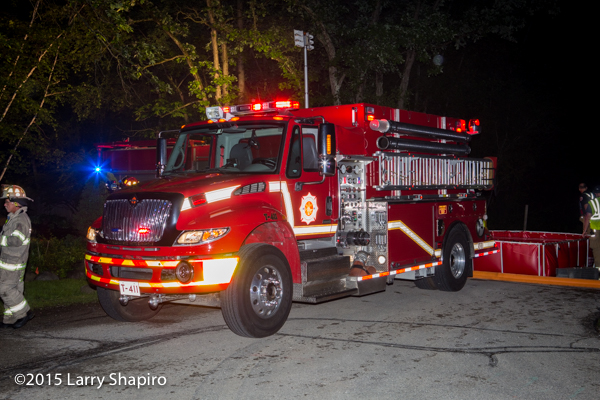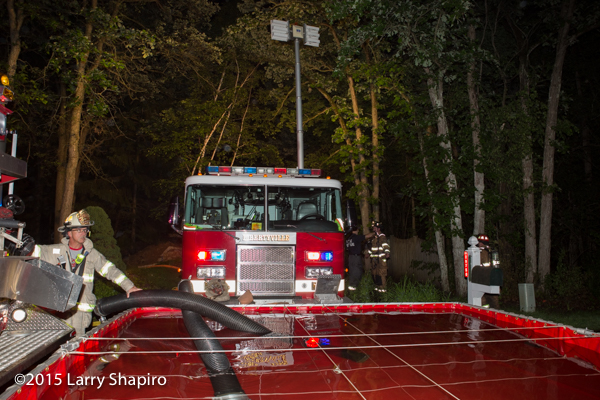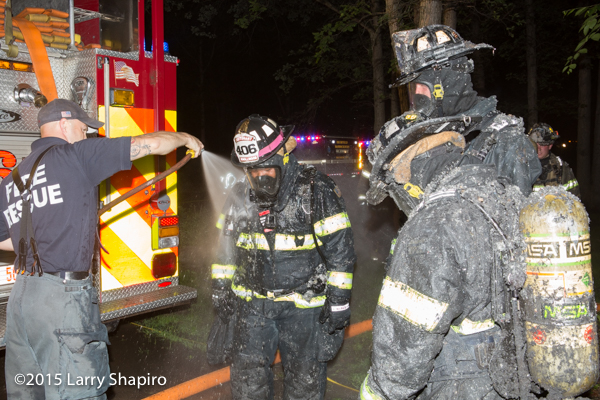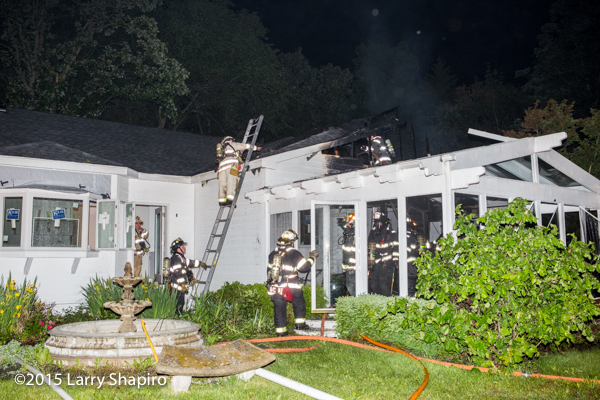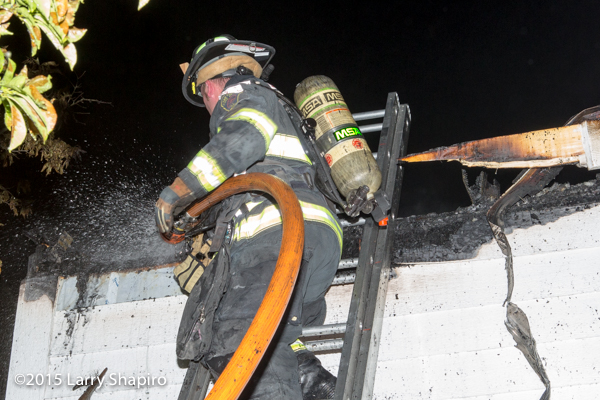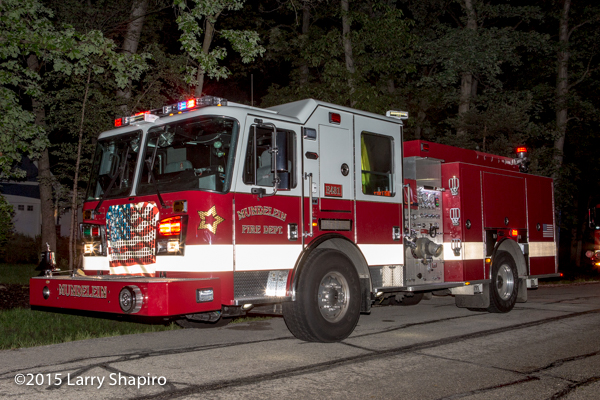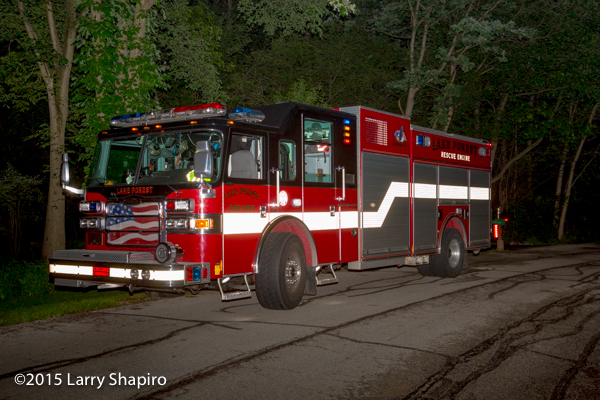Excerpts from the ChicagoTribune.com:
The Illinois House on Saturday approved Mayor Rahm Emanuel’s plan to fix Chicago’s police and fire pension systems, an approach that requires all city revenue from a Chicago casino to be paid into the funds and gives the city more time to restore the funds’ financial health.
Key to Emanuel’s plan: Instead of requiring the city to pay a whopping $549 million more for police and fire pensions next year, payments would increase by just $330 million. That would provide the mayor some breathing room as he tries to put together a 2016 budget this fall.
The catch, of course, is that Chicago does not yet have a casino. Backers of gambling expansion are trying to put together a deal that would bring one to Chicago and other cities as well as provide slot machines for horse racing tracks, but that is unlikely to be accomplished before lawmakers go home for the summer following Sunday’s scheduled adjournment.
The Chicago Tribune on Wednesday reported Emanuel’s pension approach: pay less upfront, take longer to pay off the debt and get some of the money to cover what the city owes from a Chicago casino. The firefighters’ union was the holdout but was on board with the plan that surfaced at the Capitol on Friday.
The 65-45 vote came after more than a hour of debate Saturday. The plan later cleared a Senate committee and is poised to be sent to Gov. Bruce Rauner on Sunday, the final scheduled day of the spring session.
House Republicans opposed the measure, saying putting off pension payments helped create the funding problem in the first place. They questioned the wisdom of relying on money from a Chicago casino that has yet to be approved by lawmakers and is unlikely to pass before lawmakers adjourn on Sunday.
During a Friday night hearing, Deputy Mayor Steve Koch said lawmakers helped create the problem when they voted to accelerate the payment schedule several years ago. If a casino doesn’t materialize, Koch said, the city will raise money some other way.”We’ve been working and will continue to work hard in order to see if a casino could be done for the city,” Koch said. “If it isn’t, then we will fund these plans through the same way we have been working on funding all our other obligations, through efficiency in government, cost savings and other forms of revenue we can raise.”
The city’s pension debt has hurt its credit rating, which in turn has cost taxpayers tens of millions of dollars in extra borrowing costs.
More details on Emanuel’s plan:
— The city would continue to pay more into the funds each year until 2020, when the overall increase would hit $524 million. That’s $130 million less than required that year under current state law.
— After 2020, payments likely would level off, with the requirement that the city pay enough into the two funds each year to make sure it has 90 percent of what’s needed to cover all liabilities by 2055. Under current law, the city must reach 90 percent funding by 2040.
— Even if the city got its long-coveted casino, it might not bring in enough money to cover the police and fire pension tab. Emanuel and aldermen would have to raise taxes. The mayor backs a broadening of the state sales tax to include some services, and he still might have to consider a politically unpopular property tax increase.
— The legislation also includes provisions to ensure that retiring police officers and firefighters who are at least 50 years old and served for 20 years or more get annual benefits equal to 125 percent of the amount earned by people living at the poverty level, as determined by the federal government.
— The measure clarifies that the police and fire pension funds can take the city to court if it fails to make the payments.





